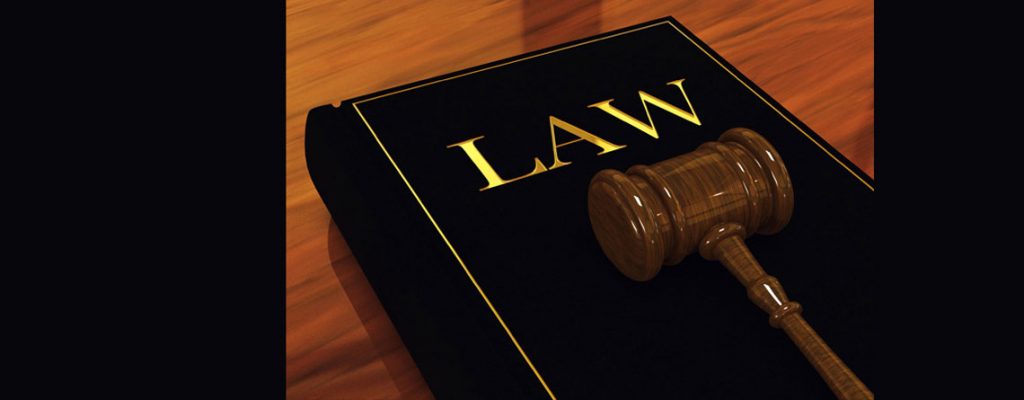Juvenile courts have a wide range of sentencing options (usually called “disposition orders”) that they can impose on juveniles or youth offenders who are found to be “delinquent” (that is, finding that the minor violated a criminal law). Typically, disposition options fall into two camps: incarceration and non-incarceration. One non-incarceration option in particular — probation — forms the backbone of the juvenile justice system. Read on to learn about the different kinds of sentencing options used in juvenile court, the ins and outs of probation, and whether a disposition order can be appealed or changed.
Incarcerating Juvenile Delinquents
After adjudicating a juvenile as delinquent, a juvenile court may order incarceration as a penalty. But methods used to confine juveniles are often very different from those used in cases involving adult offenders (when jail and prison are the fallback options). Here are some ways that judges can order confinement for a juvenile who has been found delinquent:
Home confinement/house arrest. The judge can order the minor to remain at home, with exceptions (attend school, work, counseling, and so on).
Placement with someone other than a parent or guardian. The judge can require that the minor live with a relative or in a group or foster home.
Juvenile hall/juvenile detention facility. The judge can send the minor to a juvenile detention facility. These facilities are designed for short-term stays.
Probation after juvenile hall. Some minors are sent to a juvenile facility for a few months and are then put on probation afterward.
Secured juvenile facilities. These facilities are designed for longer term stays. Juveniles can be sent to secured facilities (sometimes called “camps”) for months or years.
Adult jail. In some cases, a judge can send a juvenile to adult facilities like county jail or state prison.
Juvenile and adult jail. In some jurisdictions, judges can send delinquent juveniles to a juvenile facility, and then order transfer to an adult facility once the juvenile reaches the age of majority. When a minor is ordered to serve time in both a juvenile and adult facility, it is called a “blended sentence.”
Non-Incarceration Options for Juveniles
Juvenile court judges often have broad discretion to fashion a sentence or rehabilitation program that fits the needs of the minor. A disposition order may include options other than confinement, including:
Verbal warning. The sentence for the juvenile can be as simple as a verbal reprimand.
Fine. The minor may be required to pay a fine to the government or pay compensation to the victim.
Counseling. Often, judges require juveniles to attend counseling as part of a disposition order.
Community service. Juveniles may be ordered to work a certain number of hours in service to the local community.
Electronic monitoring. Juveniles may be required to wear a wrist or ankle bracelet that verifies their location at all times.
Probation. Judges often order juveniles to enter probation after a delinquency finding. (To learn more about probation, see the “Probation” section, just below.)
In creating a disposition order, juvenile court judges can order any of the above options alone or in combination. For example, a delinquent minor might need to pay a fine, attend counseling, and perform community service as a penalty for one offense.
Probation for Juvenile Offenders
Probation is a program of supervision in which the minor’s freedom is limited and activities restricted. Probation has been called the “workhorse” of the juvenile justice system — according to the Office of Juvenile Justice and Delinquency Prevention, probation is the most common disposition in juvenile cases that receive a juvenile court sanction. In an average year, about half of all minors judged to be delinquent receive probation as the most restrictive sentence.
Specific terms of probation vary widely from jurisdiction to jurisdiction, and from case to case. Typically, a juvenile must obey both the general terms of probation and any additional requirements tailored to the particular case. The court usually expects that parents or a guardian will help the juvenile fulfill the conditions of the probation order. These conditions can include community service, attendance at a certain school, counseling, curfews, and orders that the juvenile not associate with certain individuals (as in cases involving suspected gang members). As part of probation, some juveniles must attend special day treatment programs that provide additional monitoring and educational services — including anger management classes, social skills building, and substance abuse education.













